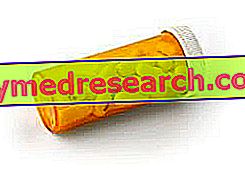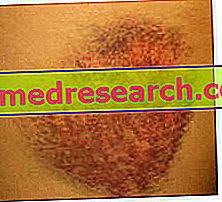Gastrolesive drugs have the potential to generate inflammatory processes on the gastric mucosa (gastritis), leading to real erosions and acute ulcerations. If used by people already suffering from these diseases, gastrolesive drugs increase the risk of bleeding and perforations from peptic ulcers, slowing healing and reducing the therapeutic efficacy of gastroprotective drugs.

Major gastrolesive drugs:
- Non-steroidal anti-inflammatory drugs (NSAIDs), which also include the famous aspirin (acetylsalicylic acid): they are the gastrolesive drugs par excellence, given the large presence in numerous over-the-counter (OTC) medicines. Below are some of them in descending order of gastric sensitivity: Ketorolac (the most gastrolesive), Piroxicam, Indomethacin, Ketoprofen, Naproxen, Diflunisal, Sulindac, Nimesulide, Ibuprofen, Diclofenac and Paracetamol (the least gastric acid but high in the liver) ). The combination of more NSAIDs, except for direct medical prescription, is contraindicated since it increases the risk of gastric laxity.
- Steroidal anti-inflammatory drugs (cortisone):
- Anticoagulant drugs (low-dose acetylsalicylic acid, heparin, warfarin) increase the risk of bleeding ulcers already in place; before the use of these drugs the subjective risk based on age, concomitant diseases, history of peptic ulcer, previous episodes of gastrointestinal haemorrhage, concomitant use of NSAIDs or aspirin, and duration and intensity of anticoagulant treatment should be evaluated.
- Antiblastic (antitumor) drugs.
- Antidepressant serotonin reuptake inhibitors (SSRIs), such as fluoxetine; enhance the gastrolesivity of NSAIDs.
Medicinal herbs that can increase the gastrolesivity of the drugs mentioned, in particular NSAIDs: angelica, dandelion, bitter orange peel, anise, star anise, devil's claw, Roman chamomile, cinnamon, artichoke, centaurea minor, ivy, gentian, guaiac, clover fibrin.



